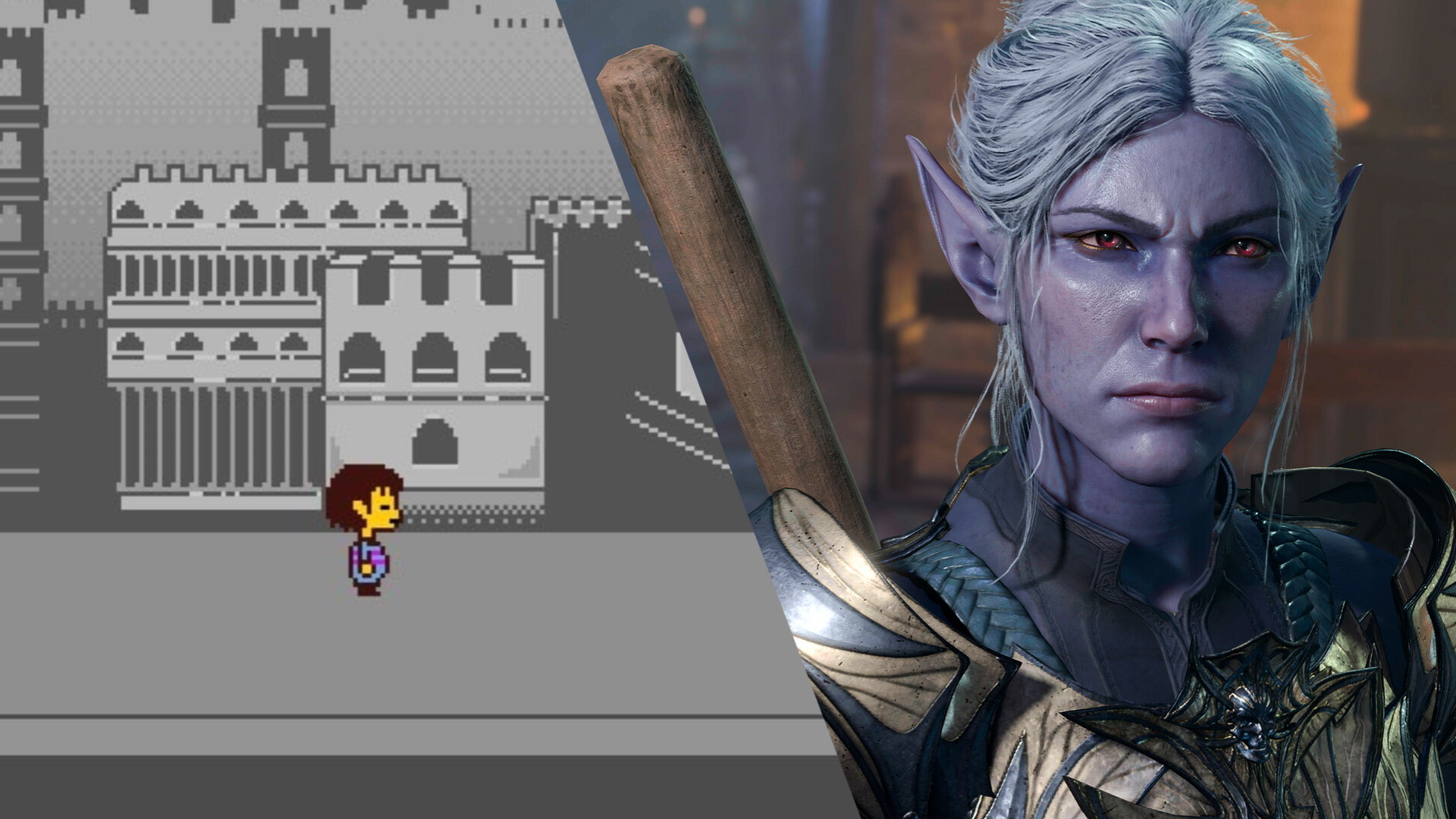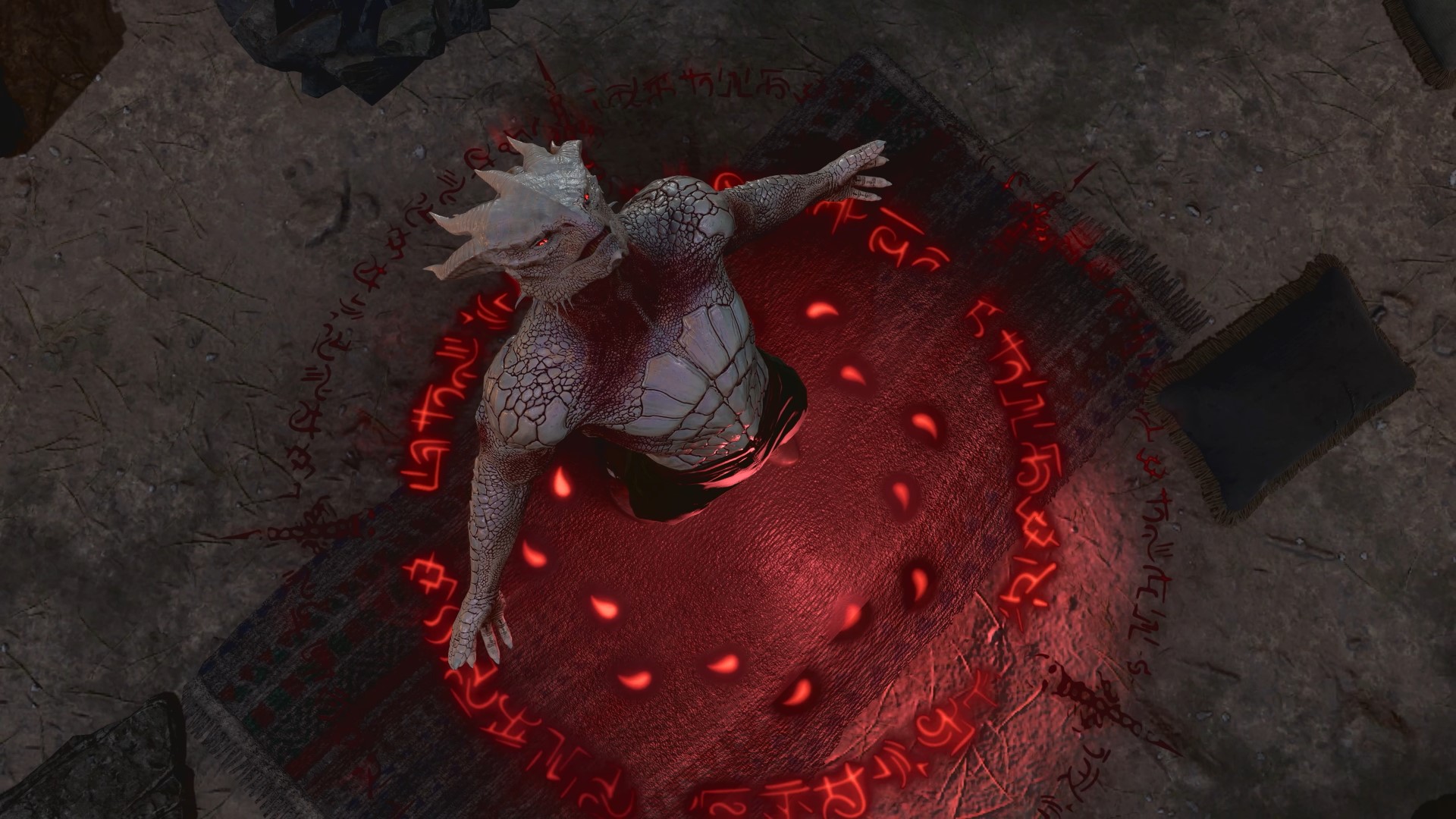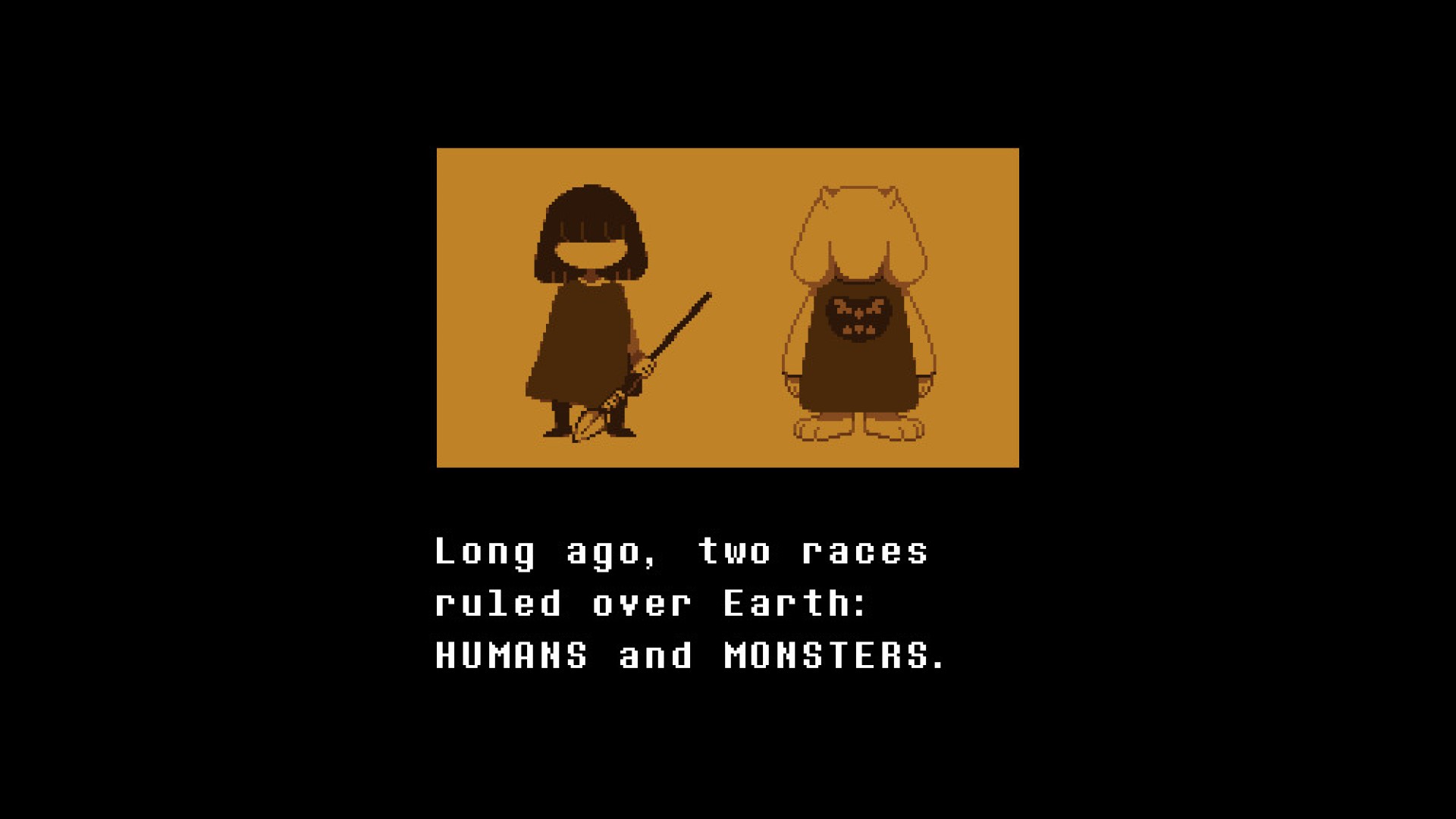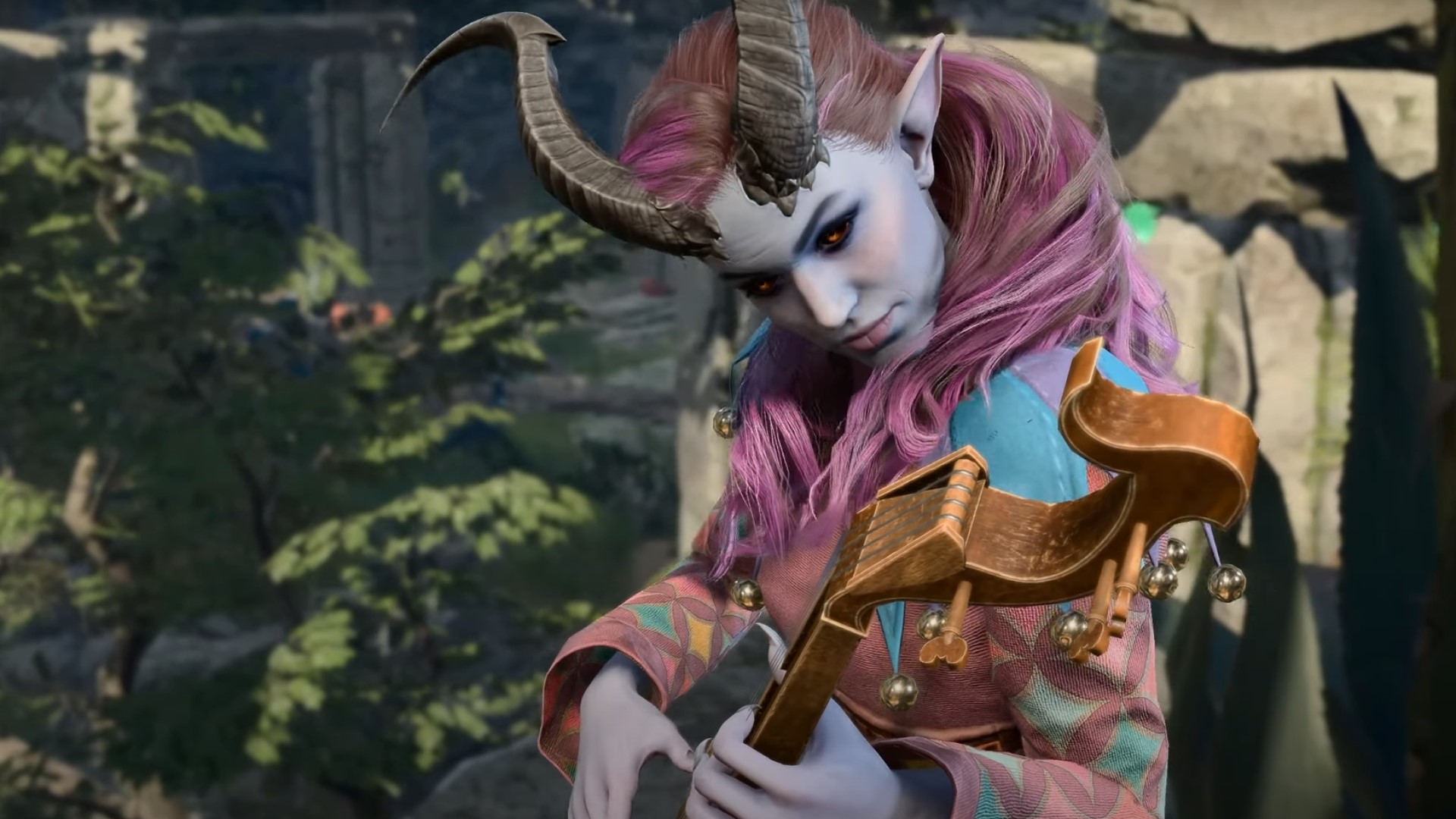My evil Baldur’s Gate 3 playthrough haunted me in a way I haven’t felt since Undertale
Killing in the Name

Sign up for breaking news, reviews, opinion, top tech deals, and more.
You are now subscribed
Your newsletter sign-up was successful
Larian Studios’ rightly acclaimed role-playing game (RPG) Baldur’s Gate 3 allows you to play in all sorts of ways, posing many genuinely tough moral dilemmas that go far, far beyond ‘press X to be a goodie and Y to be a baddie’ territory. This was clear as day when, during one particularly harrowing playthrough, I found myself standing in a blood-soaked grove surrounded by the corpses of well-meaning refugees. It wasn't long before I began to regret my life choices.
In the spirit of curiosity and exploring this moral landscape I found myself eager to see what would happen if I did pick one of the game’s more objectively evil choices. As you do, I decided to slaughter a group of Druids and the aforementioned refugees to gain the favor of the morally repugnant Cult of The Absolute, who are plotting to take over the fantasy world of Faerûn with an army of magical parasites.
I’ve finished the game three times at this point, so I thought I could handle anything. I was wrong. These weren’t just nameless non-player characters (NPCs) whose bodies were littering the once-tranquil Druid grove. Thanks to my previous playthroughs, these had been friends in another life, allies, and comrades who, in some cases, had gone out of their way to help me.

Thanks to the power of quicksaves, I could resurrect these people and bring them back to the world. However, even after doing so, I felt like I had crossed some sort of threshold. I knew I had it in me to murder these people, and this was a deeply uncomfortable feeling.
Seeing gentle, well-meaning Alfira the Bard dead on the floor was particularly harrowing, since, not an hour before, I’d helped her write a song to perform in honor of her dead mentor. She had such hope for the future - now cut short all because of me.
I’d not felt this way since I first tried indie RPG Undertale back in 2015. Contrasting with the scale and cinematic vastness of Baldur’s Gate 3, the indie classic is a focused, pixel art RPG that has you play a child on a journey through a weird and wonderful underground world, all in search of a way home.
Kids like you should be burning in hell

In Undertale, you can play the game in three ways. You can attempt to reason with the monsters in a ‘pacifist’ run, subverting RPG tropes by making friends with the denizens of the underground rather than battling them. This will get you a positive, happy ending where everyone lives. Alternatively, you might end up with a mixed run, where you, accidentally or deliberately, killed some monsters on your travels. This produces a bittersweet, but still moving finale. Lastly, there’s the ‘genocide’ run - a brutal ordeal where, in attempting to murder every monster in the underground, you wind up running into tough bosses committed to bringing your reign of terror to an end.
Sign up for breaking news, reviews, opinion, top tech deals, and more.
Throughout any of these runs, your character is empowered by a quality that the game calls ‘Determination’. In the fiction of the game, this is the force that allows you to save your progress - giving you the ability to attempt encounters again and again, something that the monsters just can’t do. It gently nudges at the fourth wall and helps create an in-universe explanation for the fact that the player has an agency that the NPCs don’t.
A genocide run in Undertale sees you use your Determination for evil
A genocide run in Undertale sees you use this Determination for evil; attempting to end the game’s bosses again and again until they fall before your skill. In other playthroughs, these characters were your friends and chosen family, but, in response to your rampage, they’ve chosen to take up arms against you. You are the monster and they want to stop you. For this reason, it’s very rare for anyone’s first playthrough to be a genocide run. It’s usually morbid curiosity and an urge to see ‘every ending’ that compels people to run this extremely challenging gauntlet of extra bosses.
It’s this same feeling of curiosity that motivated me to slaughter the Druid grove in Baldur’s Gate 3. I did it for no reason except my desire to see what would happen. Like scratching an insect bite, it felt good in the moment, but the aftermath was unpleasant and raw.
More than just pixels

When it comes to their characters, Undertale and Baldur’s Gate 3 have plenty in common. Even background NPCs are far more than just cardboard cutouts; they’re fleshed out, boasting motives and dramatic drives of their own.
Take Papyrus from Undertale. On the surface, he’s little more than a comic relief skeleton, whose one-liners about capturing humans and loving spaghetti amuse with their playful absurdity. Beneath this veneer, however, you find an anxious soul, desperate to prove himself to society. He doesn’t want to capture the protagonist to hurt them - he just wants to feel accepted by his peers. Despite being a literal monster, Papyrus’ struggle is intensely human.
Both games force you to sit with the uncomfortable outcomes of your curiosity
This makes killing him in a genocide run of Undertale absolutely heartbreaking - a sense that echoes in an evil playthrough of Baldur’s Gate 3. Not only will you find yourself murdering former friends, but you’ll also find that members of your party will leave, disgusted by your actions. The departures of heroic Warlock Wyll and boisterous do-gooder Karlach sting, but, should you have taken a more conventionally heroic approach in previous campaigns, the loss of these two friends from another life is devastating, underscoring the very real moral cost of your murderous choices.
Like Undertale before it, Baldur’s Gate 3 forces you to face the consequences of your actions. Self-interested killing is met with a proportionate and believable response by both games’ characters. Rather than punish you with an arbitrary mechanical penalty, both simply force you to sit with the uncomfortable outcomes of your curiosity. As for me, after slaughtering the Druid grove, I was compelled to step away from my PC, make a cup of tea, and think about what I'd done.
Baldur’s Gate 3 is one of the best RPGs out there, but, if you’re looking for something smaller-scale like Undertale, our list of the best indie games has you covered.

An editor and freelance journalist, Cat Bussell has been writing about video games for more than four years and, frankly, she’s developed a taste for it. As seen on TechRadar, Technopedia, The Gamer, Wargamer, and SUPERJUMP, Cat’s reviews, features, and guides are lovingly curated for your reading pleasure.
A Cambridge graduate, recovering bartender, and Cloud Strife enjoyer, Cat’s foremost mission is to bring you the best coverage she can, whether that’s through helpful guides, even-handed reviews, or thought-provoking features. She’s interviewed indie darlings, triple-A greats, and legendary voice actors, all to help you get closer to the action. When she’s not writing, Cat can be found sticking her neck into a fresh RPG or running yet another Dungeons & Dragons game.